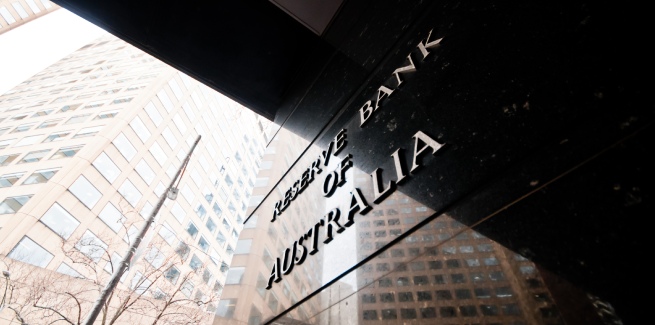The Reserve Bank of Australia has inched up the cash rate from its historic low level of 0.1 per cent, up by 25 bps to 0.35 per cent.
The move has come two years earlier than the Reserve Bank of Australia (RBA) expected in its forecasts last year, as inflation has accelerated, surging to 5.1 per cent for the year to March, while underlying inflation hit 3.7 per cent.
It is also the first movement for the cash rate since November 2020, when the RBA slashed it from 0.25 per cent and began broad quantitative easing. The last time the rate increased was more than a decade ago, in November 2010.
In his statement on the monetary policy decision, RBA governor Philip Lowe commented: “The board judged that now was the right time to begin withdrawing some of the extraordinary monetary support that was put in place to help the Australian economy during the pandemic.
“The economy has proven to be resilient and inflation has picked up more quickly, and to a higher level, than was expected. There is also evidence that wages growth is picking up.
“Given this, and the very low level of interest rates, it is appropriate to start the process of normalising monetary conditions.”
The increase is likely to be the first in a series through 2022, as tipped by economists, with the RBA committed to clamping down on inflation.
“The board is committed to doing what is necessary to ensure that inflation in Australia returns to target over time,” Dr Lowe said.
“This will require a further lift in interest rates over the period ahead. The board will continue to closely monitor the incoming information and evolving balance of risks as it determines the timing and extent of future interest rate increases.”
The RBA expects a further rise in inflation in the near term, before supply-side issues are resolved and it falls back to the central bank’s target range of 2 to 3 per cent.
Its central forecast is that inflation will be around 6 per cent for 2022, while underlying inflation will sit around 4.75 per cent. By mid-2024, headline and underlying inflation are expected to moderate to around 3 per cent.
Previously, the central bank had indicated that it would not raise until annual inflation was “sustainably” within its target range of 2 to 3 per cent, which would have required annual wages growth to rise above 3 per cent.
Following the inflation figures released last week, a number of economists brought forward their forecasts for the cash rate rising to May, including three of the big four banks.
PropTrack economist Paul Ryan commented the RBA’s internal indicators of wages growth have also picked up, so incoming wages data from the Australian Bureau of Statistics (ABS) due on 18 May is expected to follow the trend.
“By moving today, rather than waiting for further data in June, the RBA is signalling that it will intervene to curb stronger than expected inflationary pressures, despite the ongoing federal election campaign,” Mr Ryan said.
“While the RBA seeks to remain independent from politics, failing to adjust policy may have been viewed as a greater political intervention.”
Like other economists, Mr Ryan expects the increase will be the first of a series through 2022 and that the movements will weigh on house price growth, which has already slowed in anticipation of higher borrowing costs.
Similarly, Lendi Group chief executive David Hyman has predicted the cash rate will continue to rise between 2 to 3 per cent over the next 12 to 18 months.
He also noted that 40 per cent of all outstanding mortgages are currently on fixed rates, with a sizeable portion due to expire later in the year.
He noted: “Many Aussies will have to start considering their refinance options sooner rather than later.
“While we have seen a slight increase in home loan refinancing activity over the past 18 months, the reality is $500 billion of loans haven’t been touched in more than five years according to insights from the Boston Consulting Group – this lack of action could cost Australians down the line.”
[Related: Surging inflation to eat into housing market: CoreLogic]
 ;
;
